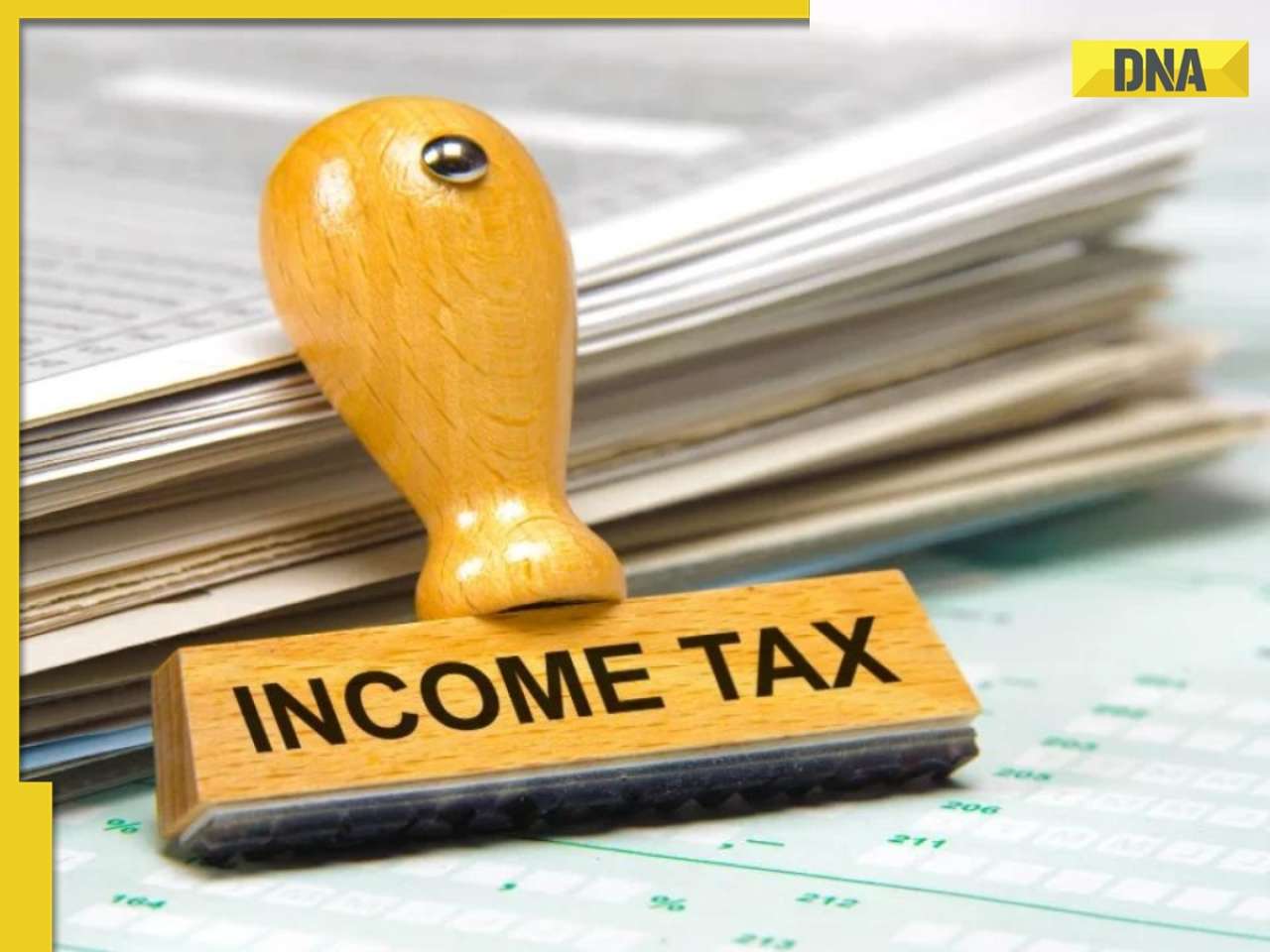The Bharatiya Janata Party (BJP) has been pushing for One Nation, One Election. The Winter Session of Parliament, which started on November 25, is expected to discuss this issue before concluding on December 20.
The Indian government has taken a significant step towards implementing the ‘One Nation, One Election’ concept, with the Union Cabinet, led by Prime Minister Narendra Modi, approving the relevant bill. This move paves the way for a comprehensive bill to be introduced in the ongoing Winter Session of Parliament. As per the latest development, the introduction of the bill has been delayed.
As per the revised list of business in the Lok Sabha, the two bills approved by the Union Cabinet are The Constitution (One Hundred and Twenty-Ninth Amendment) Bill, 2024, and The Union Territories Laws (Amendment) Bill, 2024.
The Bharatiya Janata Party (BJP) has been pushing for One Nation, One Election. The Winter Session of Parliament, which started on November 25, is expected to discuss this issue before concluding on December 20.
What is ‘One Nation, One Election’ bill?
The proposed "One Nation, One Election" legislation aims to synchronize elections for the Lok Sabha and state assemblies across India. This means that voters would cast their ballots for both national and state elections on the same day or within a specific timeframe. The idea behind this proposal is to reduce election costs, minimize disruptions to governance, and streamline administrative work. According to estimates, elections to the Lok Sabha and legislative assemblies cost the Election Commission of India over Rs 4,500 crore.
How it will change the way polls are conducted in India?
The proposed legislation would amend Articles 82A, 83(2), and 327 of the Constitution to enable simultaneous elections. The bill is expected to be introduced in the ongoing winter session of Parliament, which ends on December 20, 2024. Some opposition leaders have expressed concerns that the proposal could undermine federalism and the autonomy of state governments. It is believed that holding simultaneous elections would require significant logistical efforts, including the deployment of security forces and election officials. However, frequent elections which disrupted governance and development work, with simultaneous election disruptions would be minimised.
Find your daily dose of All
Latest News including
Sports News,
Entertainment News,
Lifestyle News, explainers & more. Stay updated, Stay informed-
Follow DNA on WhatsApp. 'Judiciary centre attacked': Eight killed in terror attack in Iran's Zahedan, here's what we know so far
'Judiciary centre attacked': Eight killed in terror attack in Iran's Zahedan, here's what we know so far Swiggy, McDonald’s join hands, launch this high protein food from..., consumers can order by...
Swiggy, McDonald’s join hands, launch this high protein food from..., consumers can order by... 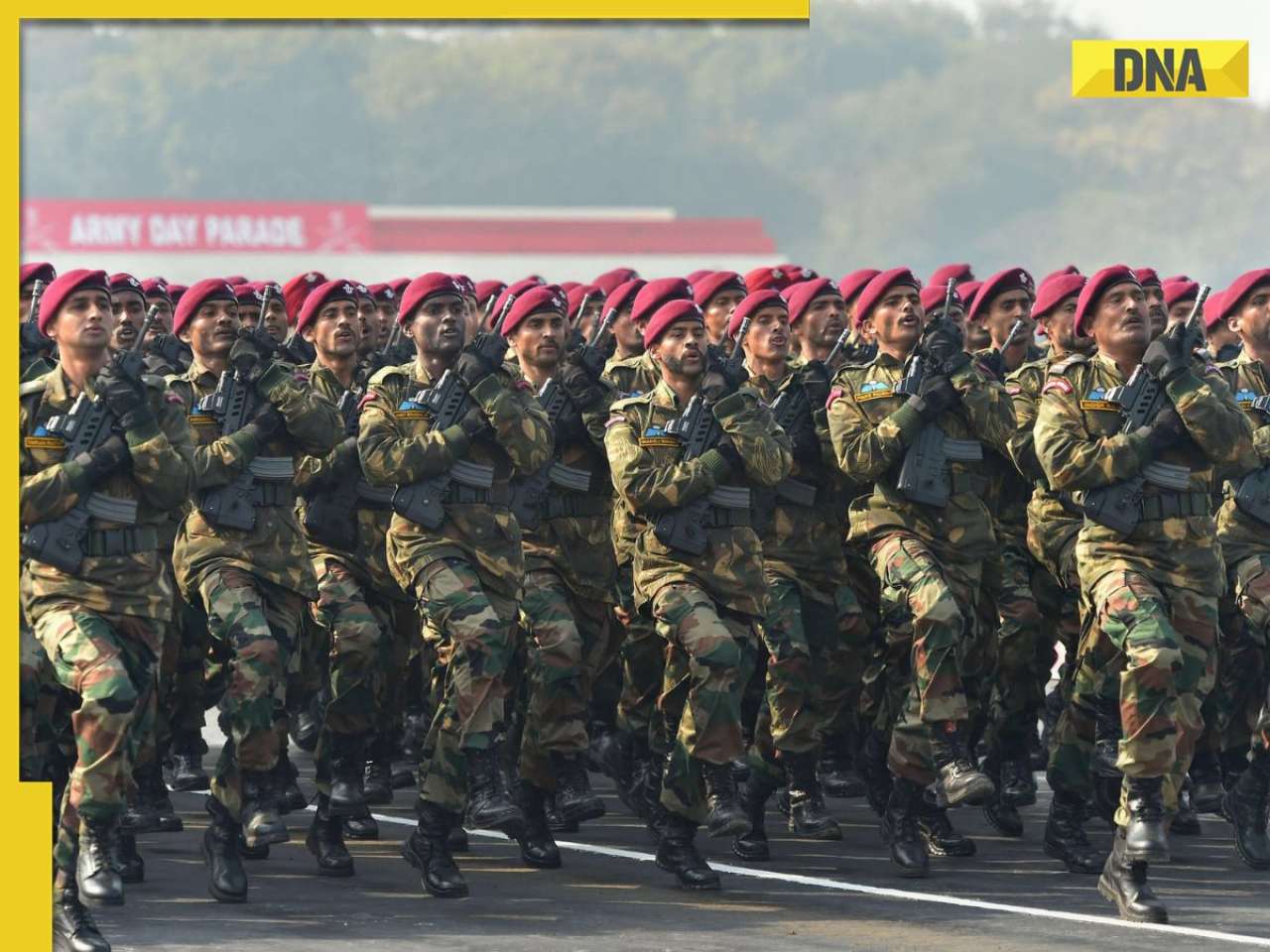 Indian Army to transform into ‘future oriented force’, chief announces new all-arms brigades called..., it is equipped with...,know details inside
Indian Army to transform into ‘future oriented force’, chief announces new all-arms brigades called..., it is equipped with...,know details inside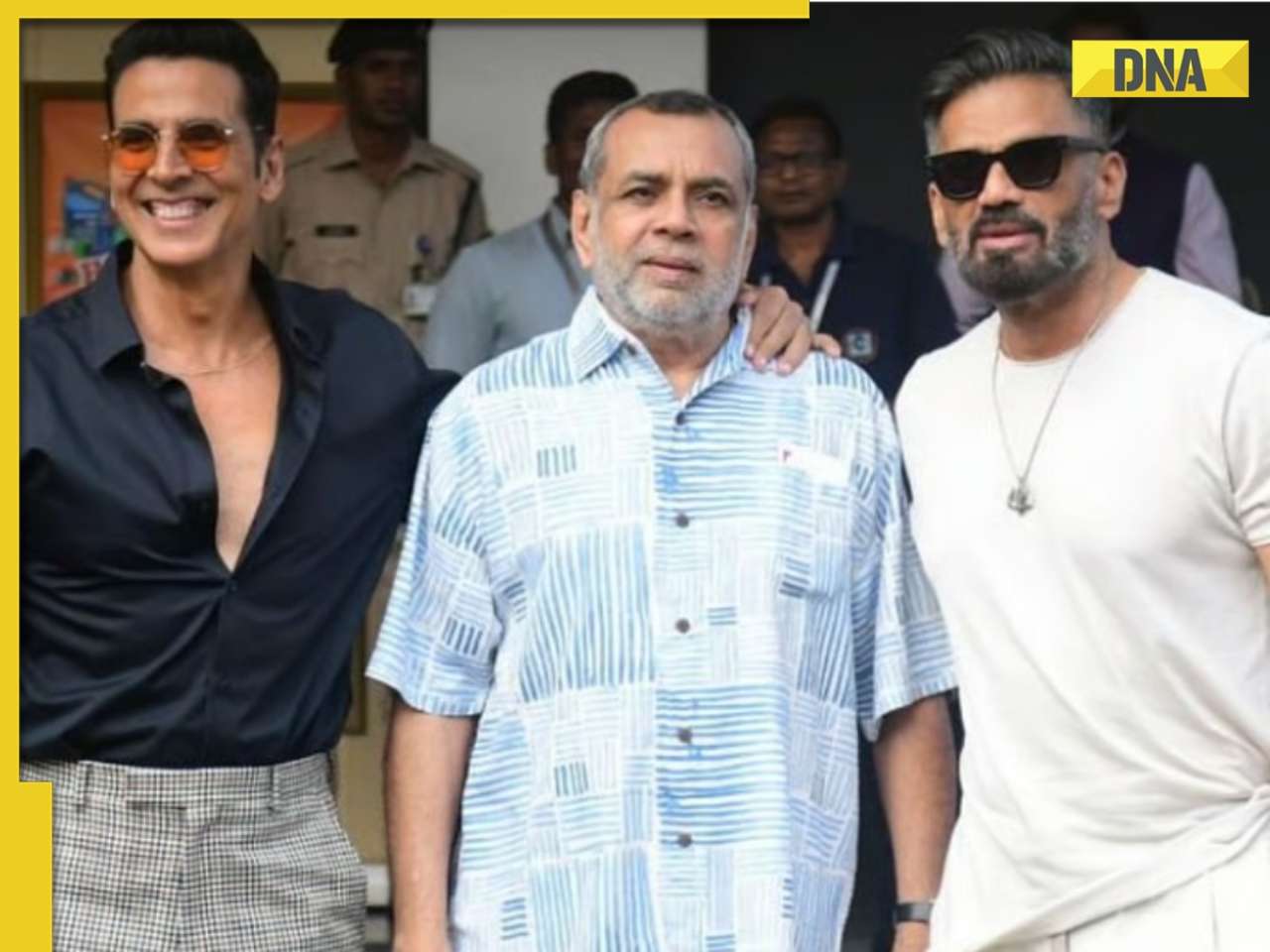 'Publicity stunt...': Akshay Kumar reacts to Paresh Rawal's return to Hera Pheri 3
'Publicity stunt...': Akshay Kumar reacts to Paresh Rawal's return to Hera Pheri 3 'There were attempts to mix something in my food, strange things...': Tanushree Dutta makes shocking revelations in latest interview after viral Instagram video
'There were attempts to mix something in my food, strange things...': Tanushree Dutta makes shocking revelations in latest interview after viral Instagram video Other than heart attacks or BP : 7 hidden heart conditions triggered by oily foods
Other than heart attacks or BP : 7 hidden heart conditions triggered by oily foods 7 most captivating space images captured by NASA you need to see
7 most captivating space images captured by NASA you need to see AI-remagined famous Bollywood father-son duos will leave you in splits
AI-remagined famous Bollywood father-son duos will leave you in splits 7 superfoods that boost hair growth naturally
7 superfoods that boost hair growth naturally Confused between Forex and Credit cards for your international trip? Learn which saves more
Confused between Forex and Credit cards for your international trip? Learn which saves more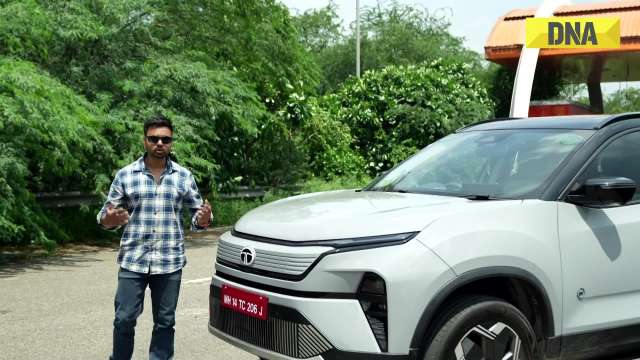 Tata Harrier EV Review | Most Advanced Electric SUV from Tata?
Tata Harrier EV Review | Most Advanced Electric SUV from Tata?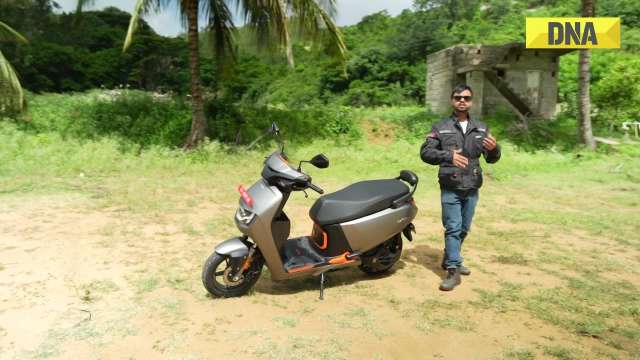 Vida VX2 Plus Electric Scooter Review: Range, Power & Real-World Ride Tested!
Vida VX2 Plus Electric Scooter Review: Range, Power & Real-World Ride Tested!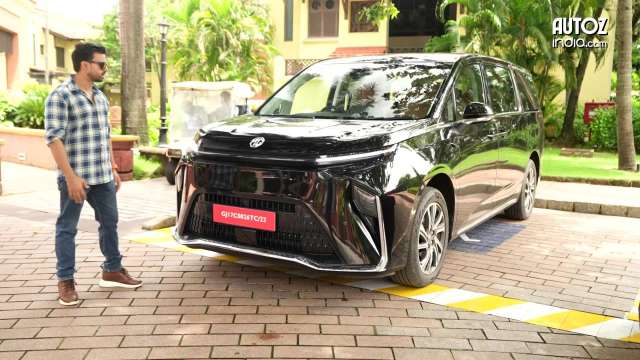 MG M9 Electric Review | Luxury EV with Jet-Style Rear Seats! Pros & Cons
MG M9 Electric Review | Luxury EV with Jet-Style Rear Seats! Pros & Cons Iphone Fold: Apple’s iPhone Fold Could Solve Samsung’s Biggest Foldable Problem | Samsung Z Fold 7
Iphone Fold: Apple’s iPhone Fold Could Solve Samsung’s Biggest Foldable Problem | Samsung Z Fold 7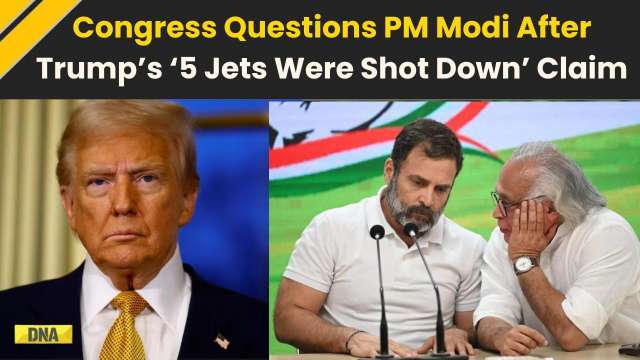 Trump News: Congress Seeks Answers On Trump's Alleged Mediation In Operation Sindoor
Trump News: Congress Seeks Answers On Trump's Alleged Mediation In Operation Sindoor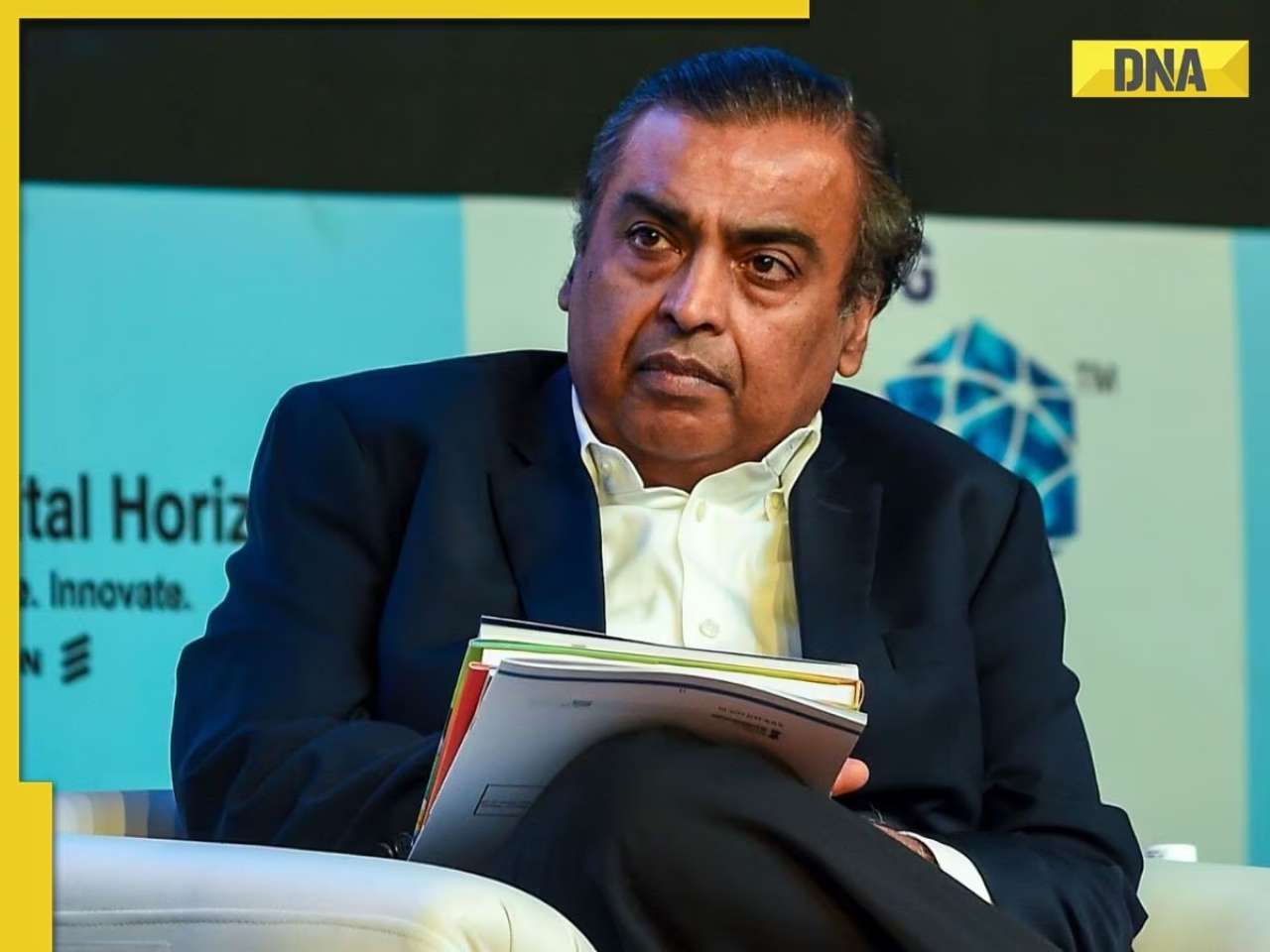 This man becomes world's highest-earning billionaire in 2025, beats Elon Musk and Jeff Bezos, Mukesh Ambani is at...
This man becomes world's highest-earning billionaire in 2025, beats Elon Musk and Jeff Bezos, Mukesh Ambani is at...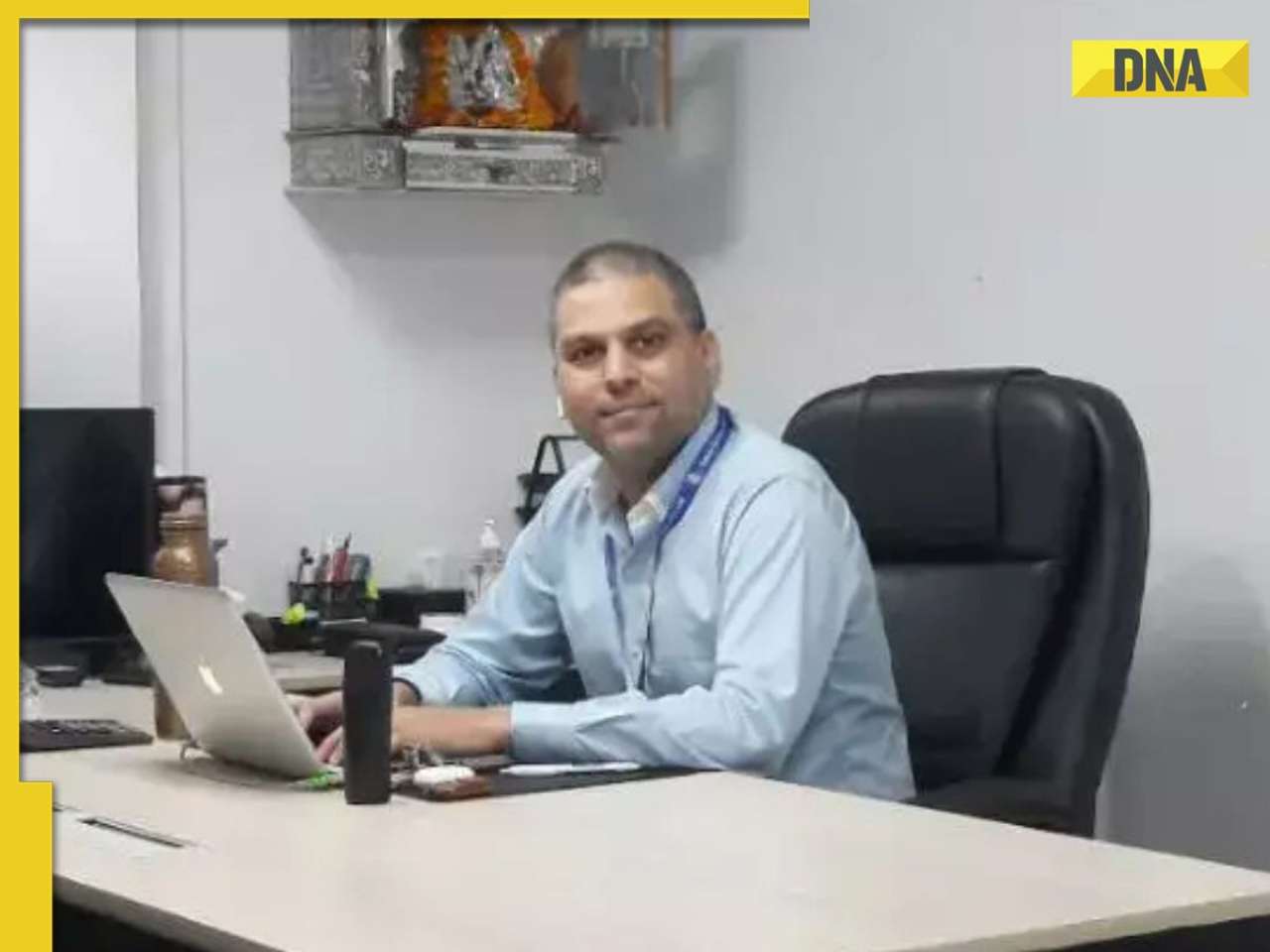 Meet man who built Rs 200,000,000 empire after two failed ventures, his business is..., net worth is Rs...
Meet man who built Rs 200,000,000 empire after two failed ventures, his business is..., net worth is Rs... Meet man, founder of app under govt lens, also owns Rs 1000000000 business, he is..., his educational qualification is...
Meet man, founder of app under govt lens, also owns Rs 1000000000 business, he is..., his educational qualification is...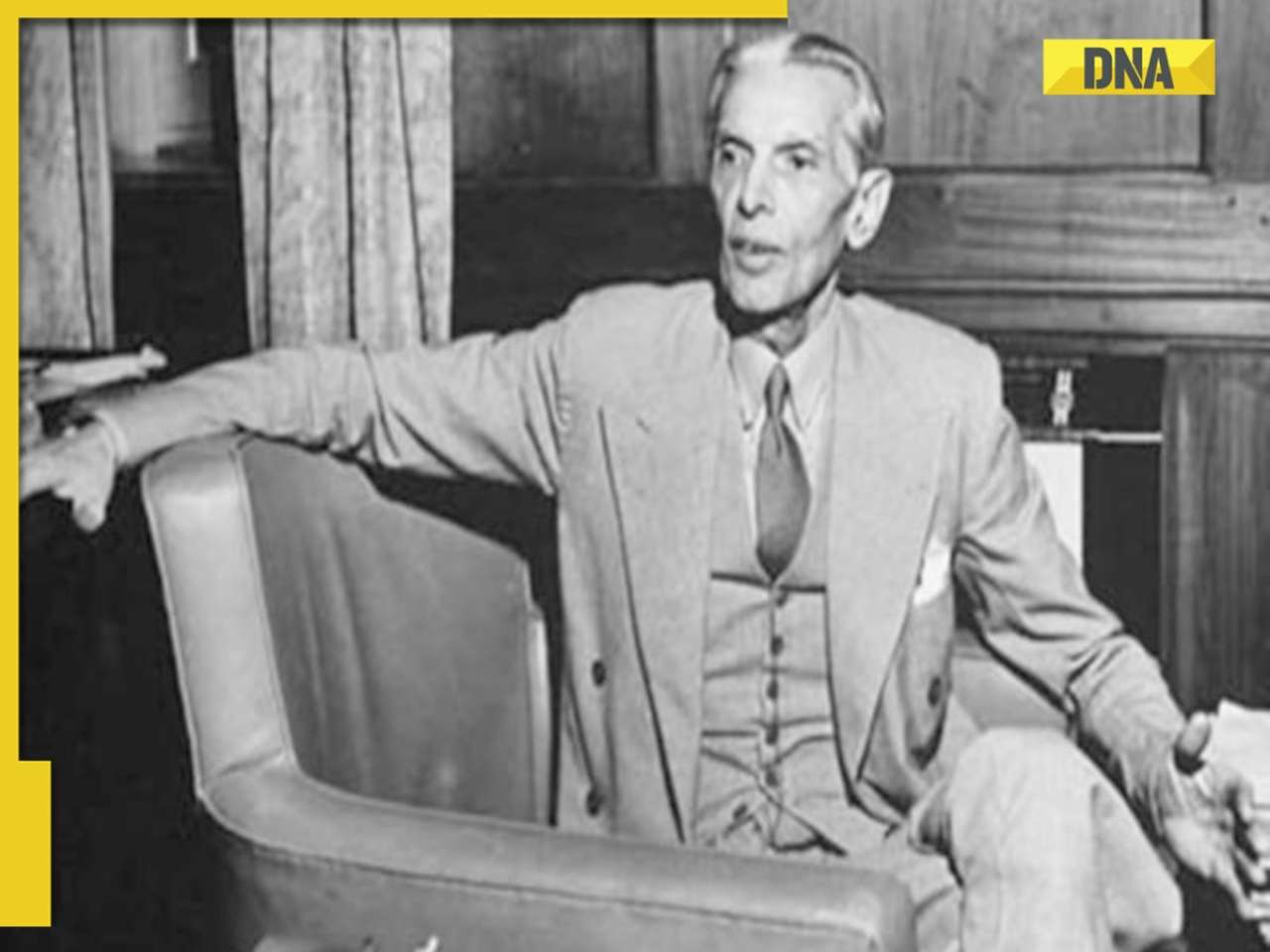 Jinnah wanted THIS Muslim man to be first Finance Minister of Pakistan, he refused, his son is on Forbes list of billionaires
Jinnah wanted THIS Muslim man to be first Finance Minister of Pakistan, he refused, his son is on Forbes list of billionaires After India-UK FTA, New Delhi to begin talks with THIS country, because...
After India-UK FTA, New Delhi to begin talks with THIS country, because... Inside Ahaan Panday’s academic journey before his Bollywood debut in Saiyaara
Inside Ahaan Panday’s academic journey before his Bollywood debut in Saiyaara From Alia Bhatt to Anushka Sharma: 5 Bollywood moms who are redefining style
From Alia Bhatt to Anushka Sharma: 5 Bollywood moms who are redefining style Want to think like a billionaire? Try these 5 habits followed by Bill Gates, Narayana Murthy and others
Want to think like a billionaire? Try these 5 habits followed by Bill Gates, Narayana Murthy and others In Pics: Tara Sutaria brings fairytale magic to ramp in a shimmering golden gown at ICW 2025
In Pics: Tara Sutaria brings fairytale magic to ramp in a shimmering golden gown at ICW 2025 From Love in the Moonlight to Moon Embracing the Sun: 7 must-watch K-dramas
From Love in the Moonlight to Moon Embracing the Sun: 7 must-watch K-dramas Indian Army to transform into ‘future oriented force’, chief announces new all-arms brigades called..., it is equipped with...,know details inside
Indian Army to transform into ‘future oriented force’, chief announces new all-arms brigades called..., it is equipped with...,know details inside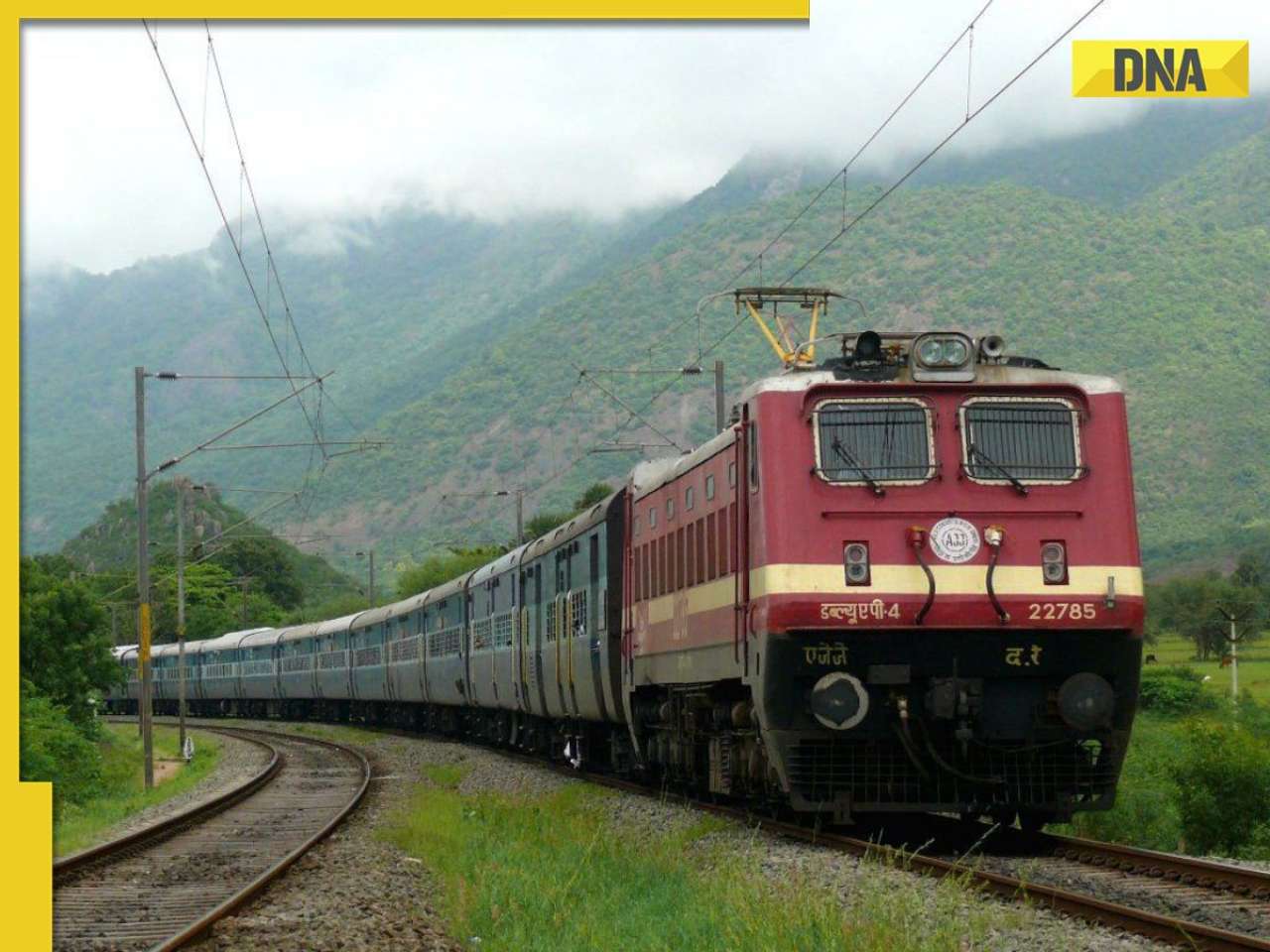 Good news for Railway passengers! Indian Railways rolls out new ticket booking rules for...
Good news for Railway passengers! Indian Railways rolls out new ticket booking rules for...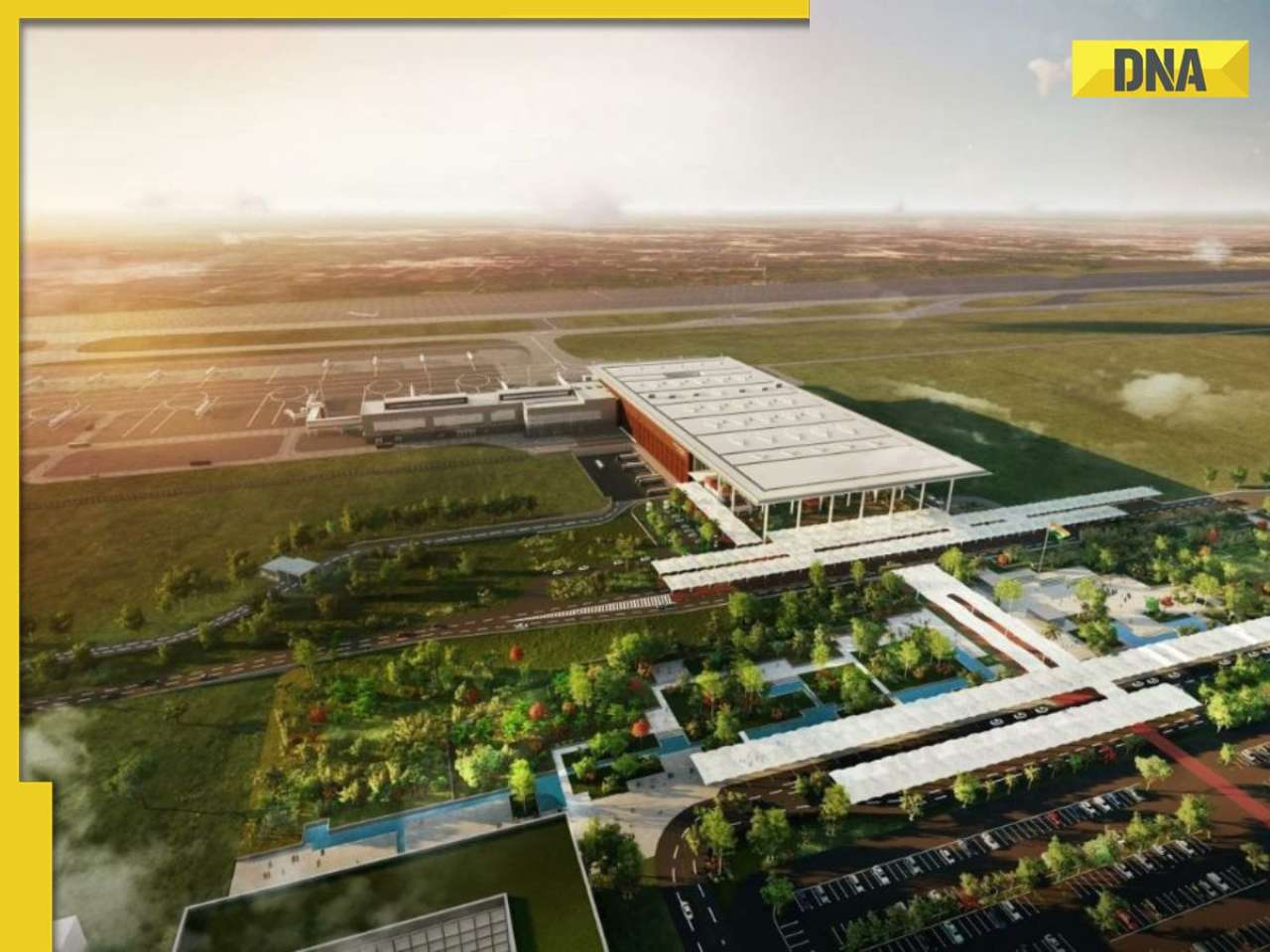 BIG Update on Noida's Jewar International Airport Expansion: 4600 families, 7 schools affected as government to acquire...
BIG Update on Noida's Jewar International Airport Expansion: 4600 families, 7 schools affected as government to acquire...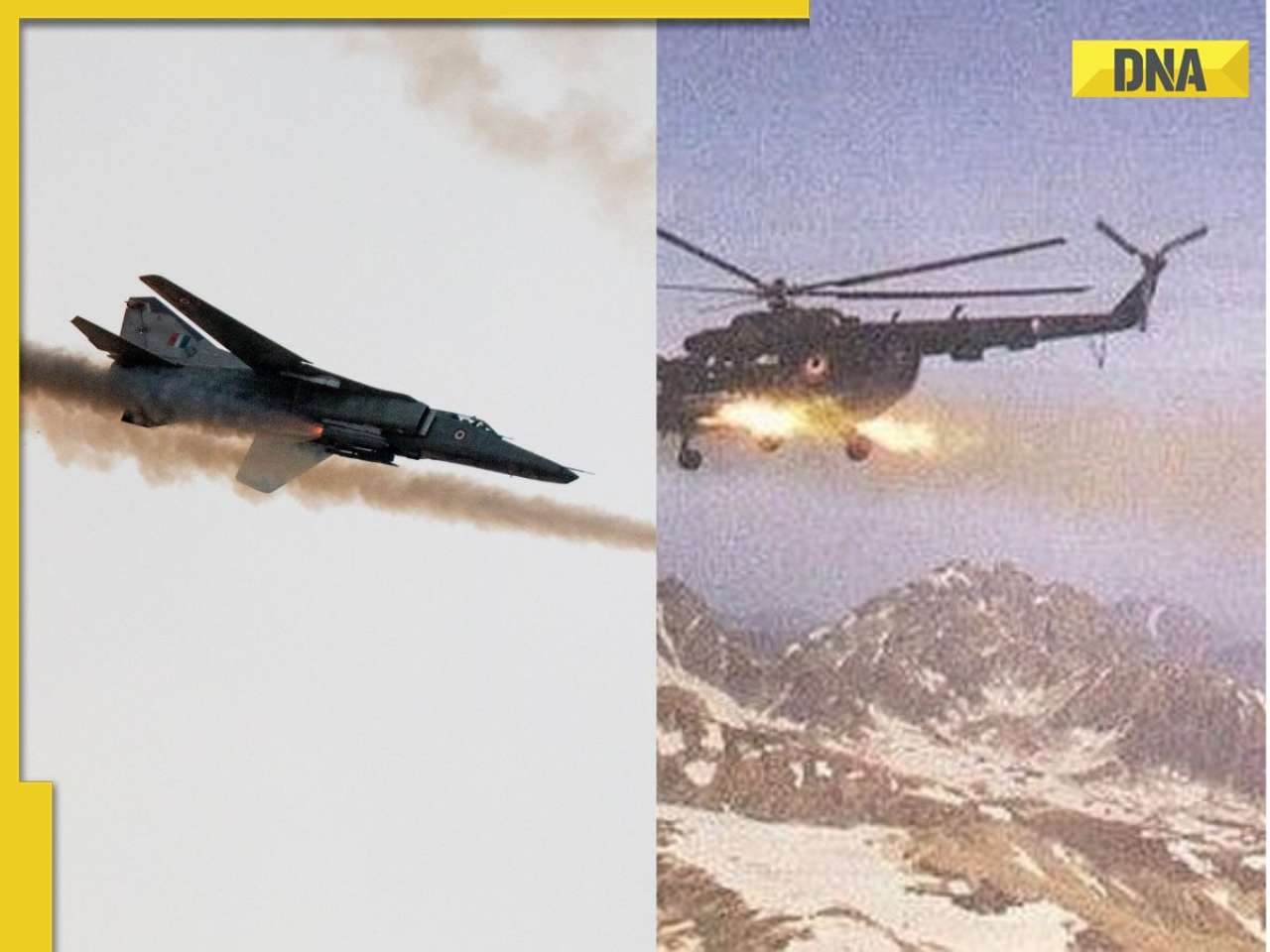 Kargil War Diwas: What is Operation Safed Sagar? When India dominated Pakistan with its air power during Kargil War on May 26
Kargil War Diwas: What is Operation Safed Sagar? When India dominated Pakistan with its air power during Kargil War on May 26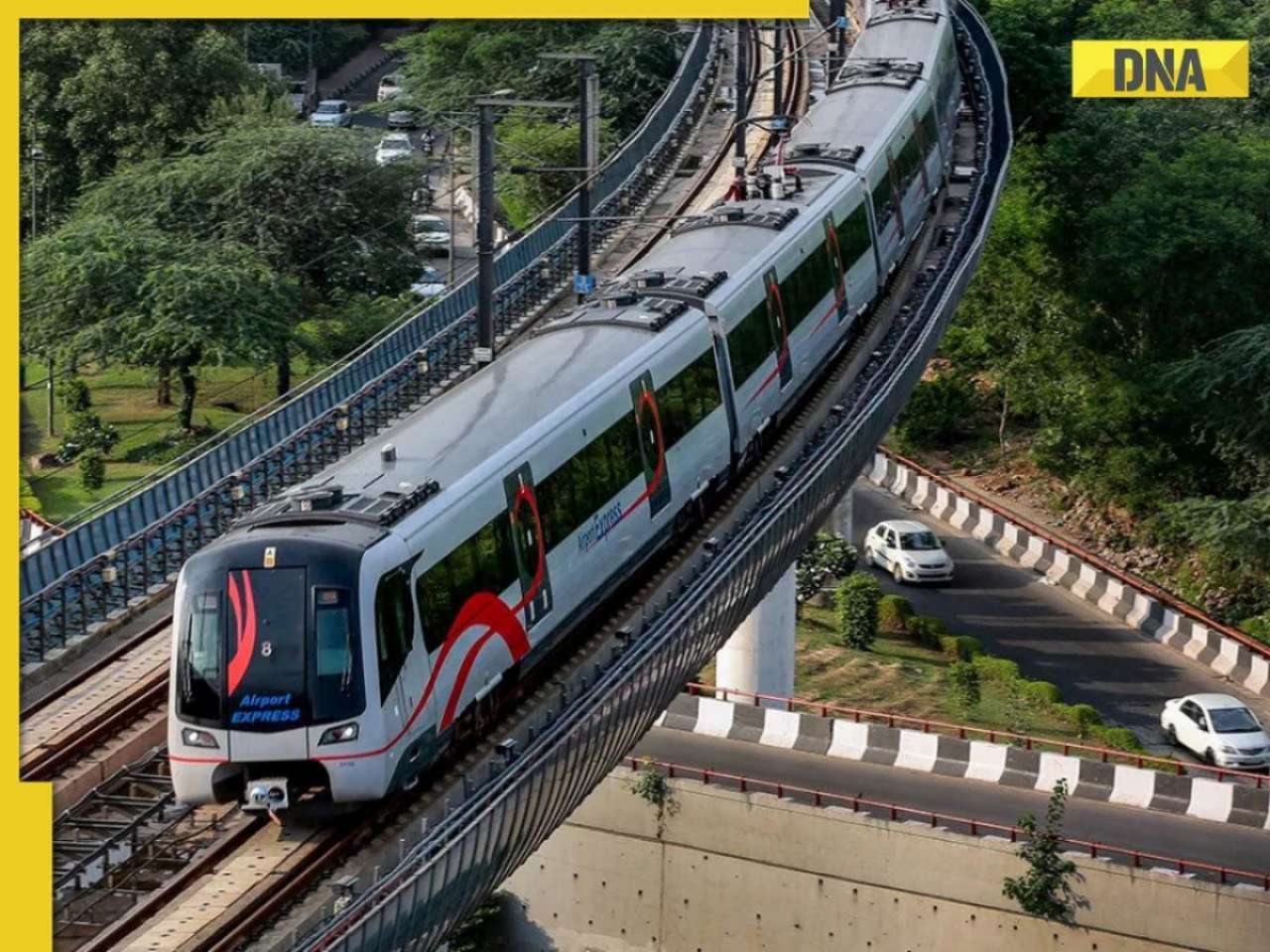 Big Boost for Ghaziabad: DMRC plans 4 metro corridors, Gokulpuri-Hindon Airport link proposed
Big Boost for Ghaziabad: DMRC plans 4 metro corridors, Gokulpuri-Hindon Airport link proposed Meet IPS officer, DU grad, who cracked UPSC exam in her third attempt, secured 992 out of 2025 marks with AIR..., now married to IAS...
Meet IPS officer, DU grad, who cracked UPSC exam in her third attempt, secured 992 out of 2025 marks with AIR..., now married to IAS...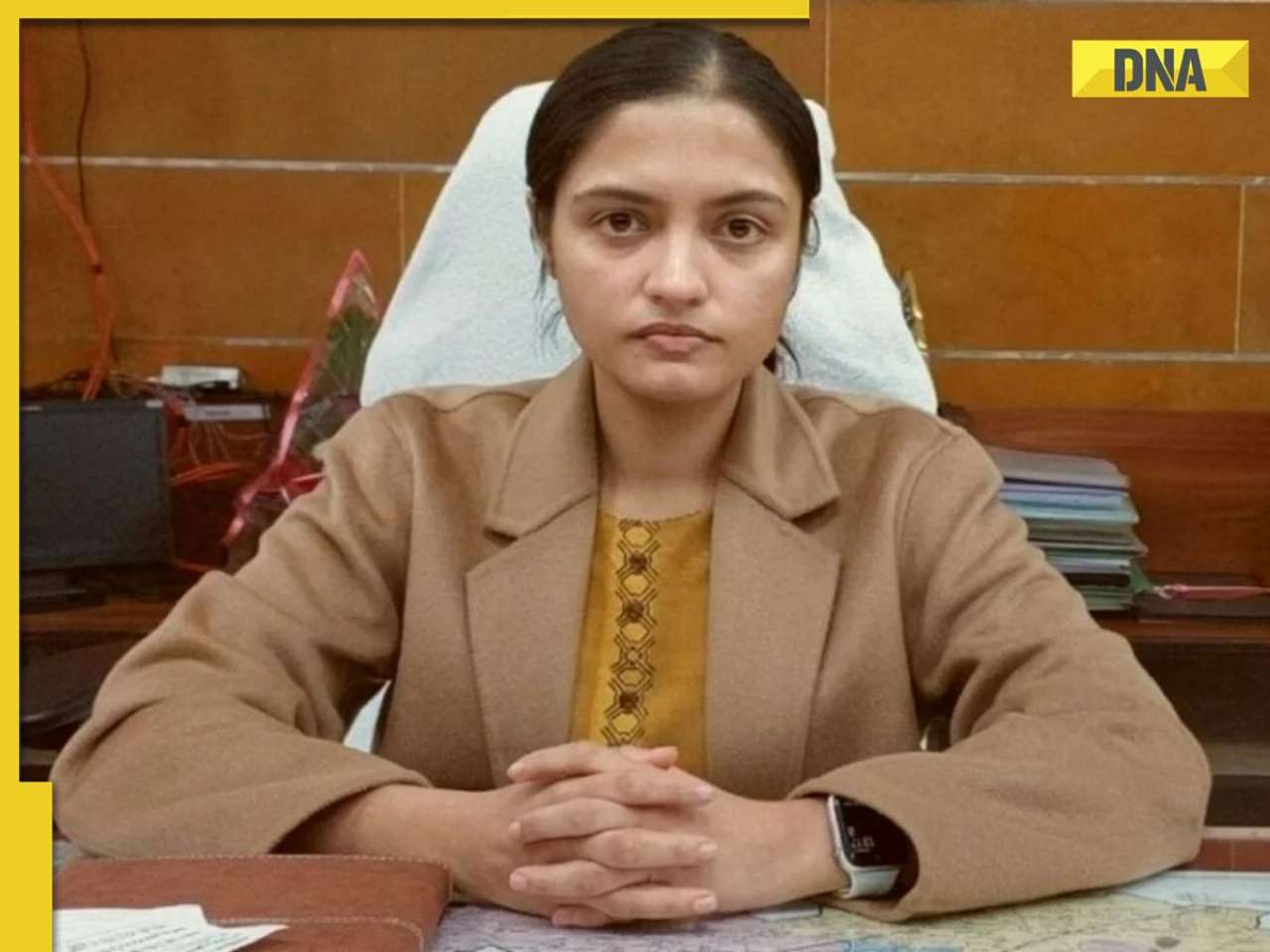 Meet woman, who studied MBBS, later cracked UPSC with AIR..., became popular IAS officer for these reasons, shares similarities with IAS Tina Dabi, she is from...
Meet woman, who studied MBBS, later cracked UPSC with AIR..., became popular IAS officer for these reasons, shares similarities with IAS Tina Dabi, she is from...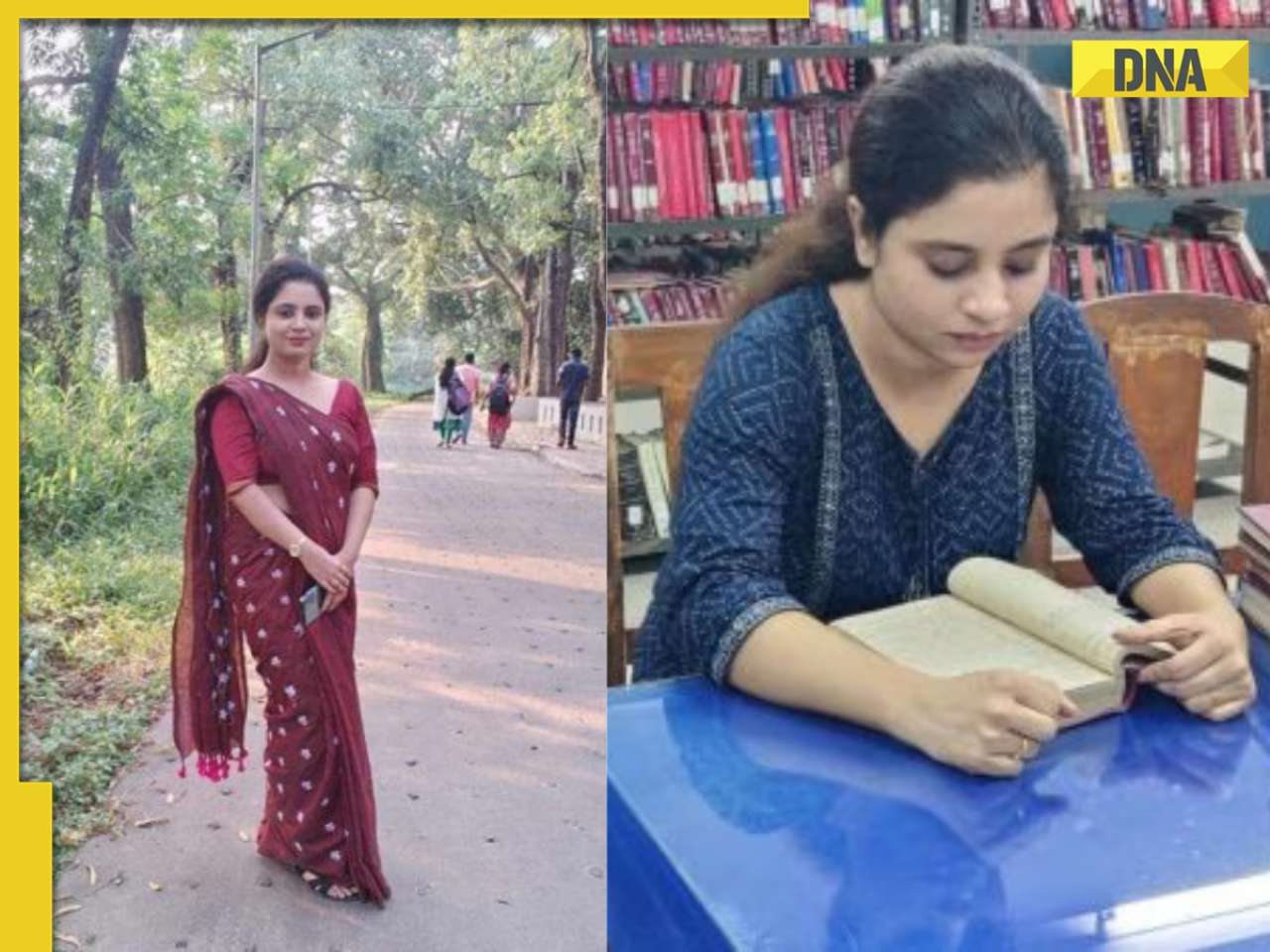 Meet Nilufa Yasmine, who topped UGC NET June exam, failed twice before scoring a perfect 100, she is from...
Meet Nilufa Yasmine, who topped UGC NET June exam, failed twice before scoring a perfect 100, she is from... Meet woman, daughter of vegetable vendor who cracked UPSC, her mother mortgaged gold for her education, her AIR is…
Meet woman, daughter of vegetable vendor who cracked UPSC, her mother mortgaged gold for her education, her AIR is… Meet woman, who cracked IIT with full-time job, secured impressive AIR of...; now works at Bill Gates' Microsoft as...
Meet woman, who cracked IIT with full-time job, secured impressive AIR of...; now works at Bill Gates' Microsoft as... Maruti Suzuki's e Vitara set to debut electric market at Rs..., with range of over 500 km, to launch on...
Maruti Suzuki's e Vitara set to debut electric market at Rs..., with range of over 500 km, to launch on... This is world’s most expensive wood, cost of 1kg wood is more than gold, its name is..., is found in...
This is world’s most expensive wood, cost of 1kg wood is more than gold, its name is..., is found in... This luxury car is first choice of Indians, even left BMW, Jaguar, Audi behind in sales, it is...
This luxury car is first choice of Indians, even left BMW, Jaguar, Audi behind in sales, it is... Kia India unveils Carens Clavis: Check features, design changes, price and more; bookings open on...
Kia India unveils Carens Clavis: Check features, design changes, price and more; bookings open on... Tesla CEO Elon Musk launches most affordable Cybertruck, but it costs Rs 830000 more than older version, it is worth Rs...
Tesla CEO Elon Musk launches most affordable Cybertruck, but it costs Rs 830000 more than older version, it is worth Rs...





)
)
)
)
)
)
)
)
)
)
)
)
)
)
)
)




